The last time China’s currency did this, markets crashed
China’s currency, the yuan, has seen its biggest drop since 2015. And with a slowing economy, it won't be raising interest rates. John Stepek explains how that will affect the global economy, the markets, and you.

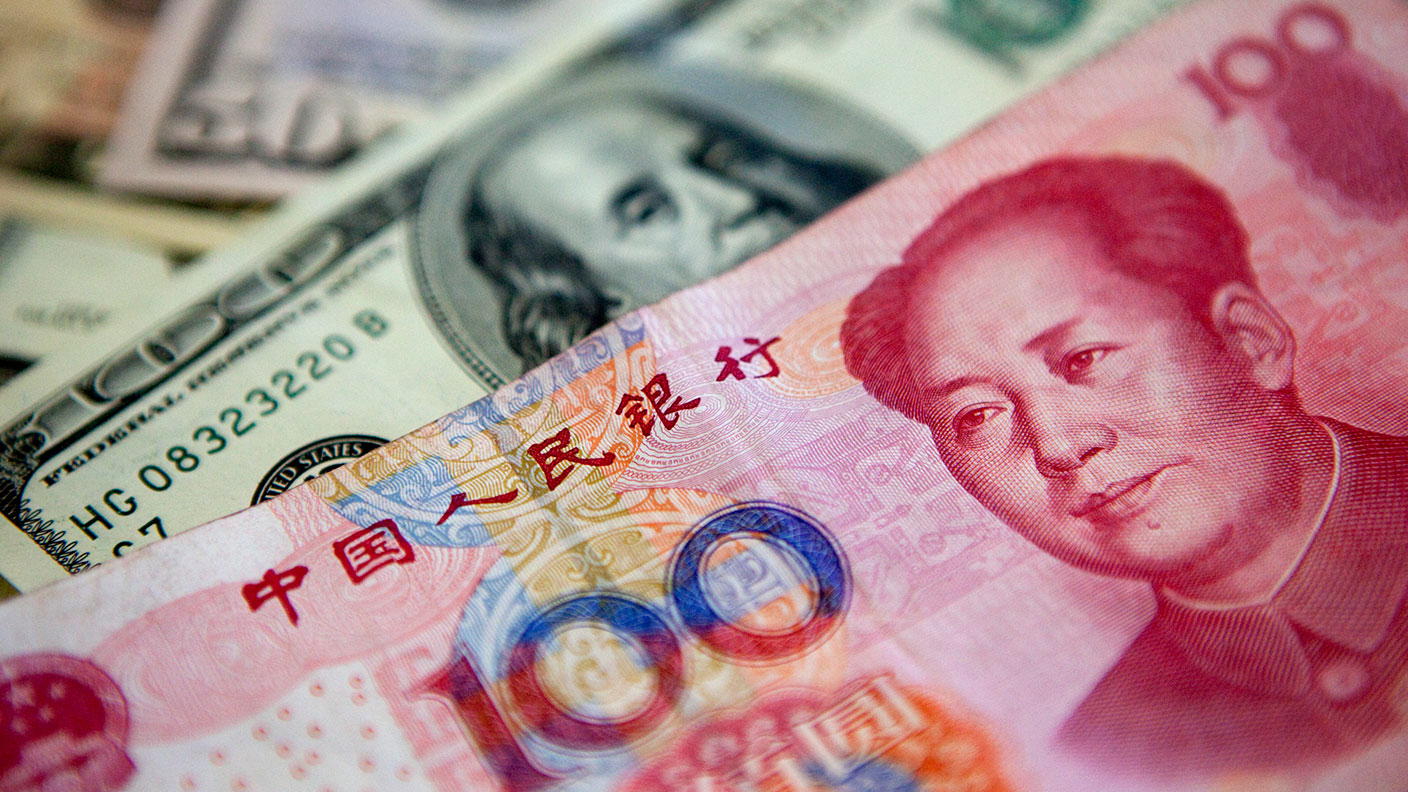
Get the latest financial news, insights and expert analysis from our award-winning MoneyWeek team, to help you understand what really matters when it comes to your finances.
You are now subscribed
Your newsletter sign-up was successful
Want to add more newsletters?

Twice daily
MoneyWeek
Get the latest financial news, insights and expert analysis from our award-winning MoneyWeek team, to help you understand what really matters when it comes to your finances.

Four times a week
Look After My Bills
Sign up to our free money-saving newsletter, filled with the latest news and expert advice to help you find the best tips and deals for managing your bills. Start saving today!
The Chinese yuan has fallen by more than 3% over the past week.
Why should you care about what’s happening with exchange rates, let alone the price of a relatively minor currency (in global reserve terms) like the yuan (or renminbi)?
Well, because the last time this happened markets crashed. Forewarned is forearmed, and all that.
MoneyWeek
Subscribe to MoneyWeek today and get your first six magazine issues absolutely FREE

Sign up to Money Morning
Don't miss the latest investment and personal finances news, market analysis, plus money-saving tips with our free twice-daily newsletter
Don't miss the latest investment and personal finances news, market analysis, plus money-saving tips with our free twice-daily newsletter
China’s currency just saw its biggest drop since 2015
Foreign exchange rates are good indicators of where capital is flowing to and where it’s flowing from. Ultimately, asset prices are driven by changes in capital flows. As for what drives capital flows – a good rule of thumb is that capital flows to where it is treated best. And right now, that’s not China.
The last time the yuan weakened like this was in August 2015 when China was in the midst of another economic slowdown. Now, you probably don’t remember the panic of 2015 because it didn’t really end up amounting to much and it’s been a hectic few years since then.
But it’s worth noting that China’s 2015 slowdown was one factor that prevented central banks in the developed world from raising interest rates.
So what’s going on?
Most obviously, there’s Covid. It’s easy to forget now, but around this time two years ago, when the UK was in the depths of lockdown, we were all looking to China to try to figure out what re-opening would look like, as lockdowns were just starting to end there. Now China appears to have gone back to square one with extremely severe lockdowns.
Secondly, this is happening at a time when China’s economy has been on shaky ground for quite a while. This is probably best exemplified by the slowdown in the property market which caused all the talk of “China’s Lehman moment” a few months ago.
Thirdly, as a result of all this, China is now on the wrong side of the central bank rate-raising cycle. China’s slowdown means it’s not going to raise interest rates – but the US is, and, all else being equal (it never is, but rates matter more than most things) higher rates will attract more money than lower rates.
Anyway, last time this happened markets got very wobbly, which is one reason why central banks decided against raising rates.
As you may well have noticed, markets are pretty wobbly right now as well. So a few questions arise from all this.
The Chinese slowdown complicates matters
This slowdown in China appears to be here to stay.
As Bill Bishop, who writes the China-focused Sinocism newsletter, notes: “it is hard to be positive about the economy or the markets in the face of increasing lockdowns of indeterminate length and intensity... even if policymakers were to announce bigger stimulus measures and rate cuts, how would the effects transmit through an economic system increasingly held hostage to the current anti-epidemic policies?”
This is a new situation for the world. Markets have been used to the idea that China cannot allow economic growth to slow, because that would mean social unrest and not hitting its GDP target, which would embarrass the Communist party.
This was true to an extent – China bailed the world out in 2008 and when the 2015 slowdown hit; it also eased monetary policy. The world is not used to a scenario in which China is not operating as the growth powerhouse of last resort.
However, China is throwing a fly in the ointment when it comes to the idea of developed-world central banks stepping back from tightening monetary policy.
The problem with zero-Covid measures in China is that they are going to mean that the mess made of global supply chains will continue. It’s quite possible that at some point down the line this might mean we see great piles of inventory dumped at exactly the wrong moment.
But, given how long it’s gone on for, I suspect this really just means more pressure for more permanent solutions and more of a drive towards “reshoring” – in all, a further move towards “just in case” rather than “just in time” (which implies companies carrying higher inventories as standard).
All of that adds to inflationary pressure, even as a struggling Chinese economy might take some pressure off commodity prices.
What does it all mean for you as an investor? I think you just have to understand that we’re going to be in for a more volatile period generally, and that you need to approach your portfolio with that in mind.
It’s a terrible cliche to say that markets hate uncertainty. But it is true to say that one thing we’ve been able to take for granted for a long time – that central banks would always open the floodgates at any sign of economic or market disruption – has now changed. That’s a pretty significant shift and one that will take some adapting to.
I’d stick with your bets on inflation; I’d hold some gold (it’s handy to have in a panic); and I’d make sure you allocate more to cash than usual simply to have it around in case you need it or want it to take advantage of any opportunities.
Oh and subscribe to MoneyWeek magazine. You get six issues free right now.
Get the latest financial news, insights and expert analysis from our award-winning MoneyWeek team, to help you understand what really matters when it comes to your finances.

-
 Should you buy an active ETF?
Should you buy an active ETF?ETFs are often mischaracterised as passive products, but they can be a convenient way to add active management to your portfolio
-
 Power up your pension before 5 April – easy ways to save before the tax year end
Power up your pension before 5 April – easy ways to save before the tax year endWith the end of the tax year looming, pension savers currently have a window to review and maximise what’s going into their retirement funds – we look at how
-
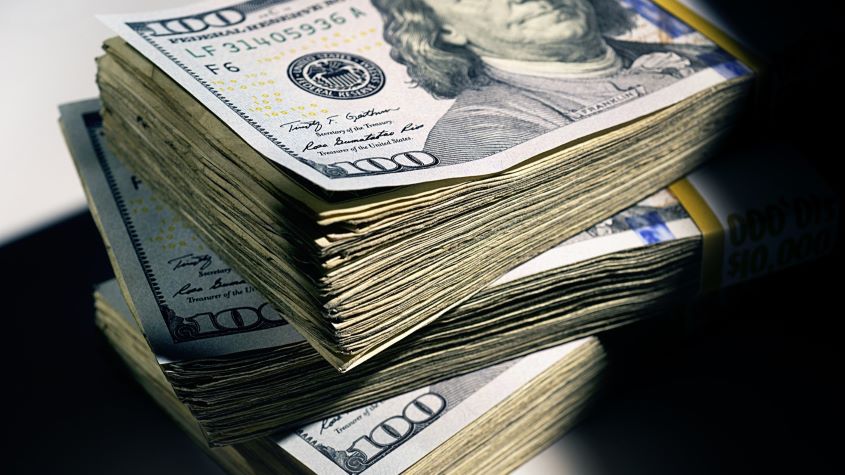 Why you should keep an eye on the US dollar, the most important price in the world
Why you should keep an eye on the US dollar, the most important price in the worldAdvice The US dollar is the most important asset in the world, dictating the prices of vital commodities. Where it goes next will determine the outlook for the global economy says Dominic Frisby.
-
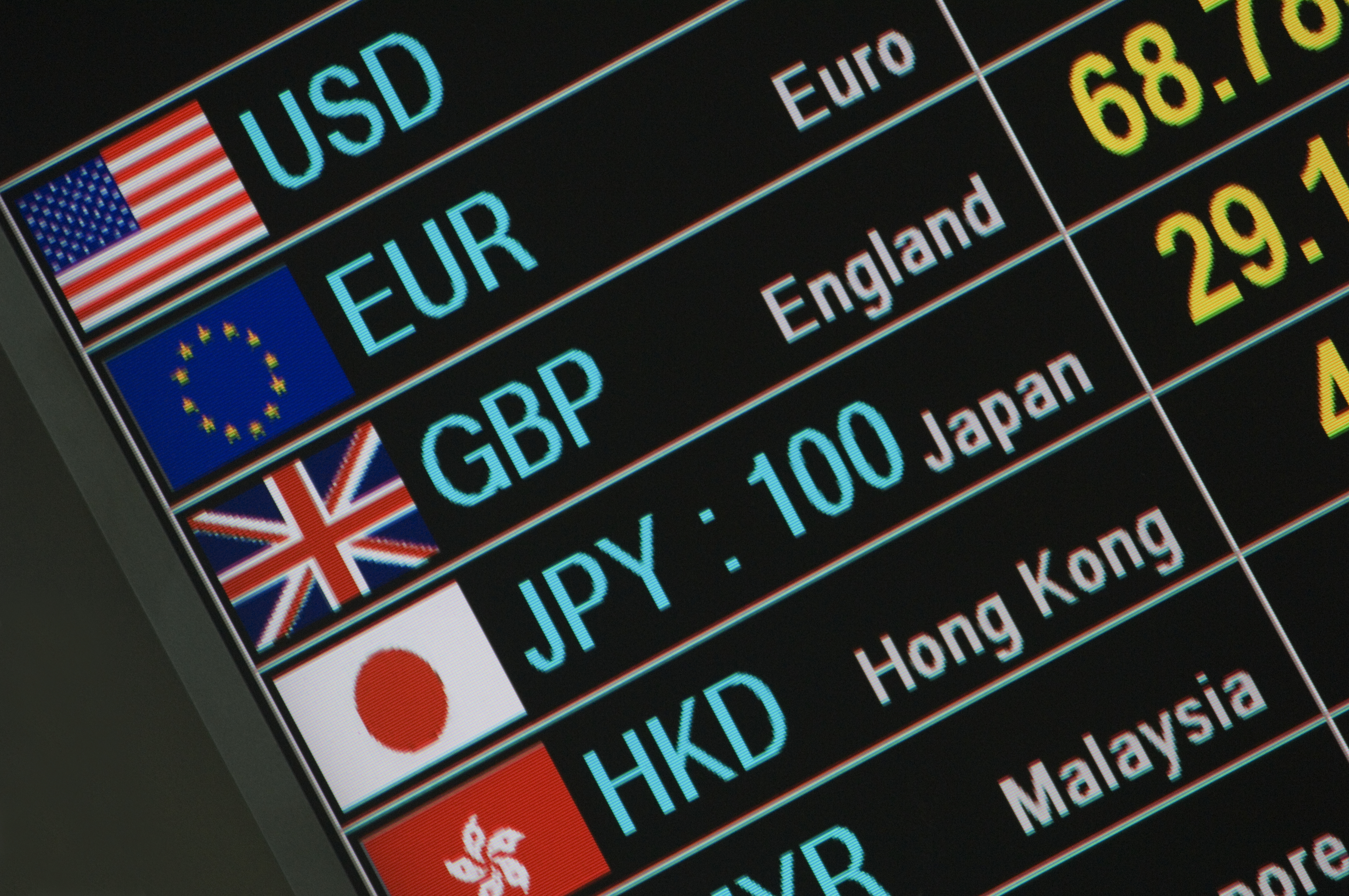 What is FX trading?
What is FX trading?What is FX trading and can you make money from it? We explain how foreign exchange trading works and the risks
-
 The Burberry share price looks like a good bet
The Burberry share price looks like a good betTips The Burberry share price could be on the verge of a major upswing as the firm’s profits return to growth.
-
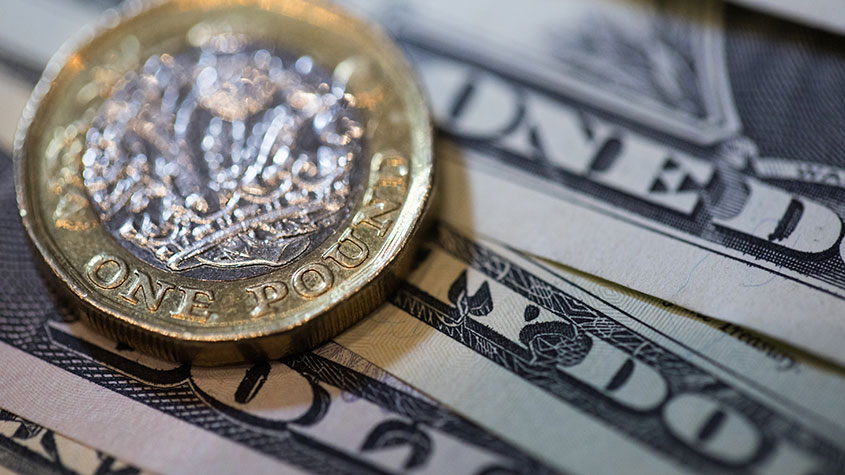 Sterling accelerates its recovery after chancellor’s U-turn on taxes
Sterling accelerates its recovery after chancellor’s U-turn on taxesNews The pound has recovered after Kwasi Kwarteng U-turned on abolishing the top rate of income tax. Saloni Sardana explains what's going on..
-
 Why you should short this satellite broadband company
Why you should short this satellite broadband companyTips With an ill-considered business plan, satellite broadband company AST SpaceMobile is doomed to failure, says Matthew Partridge. Here's how to short the stock.
-
 It’s time to sell this stock
It’s time to sell this stockTips Digital Realty’s data-storage business model is moribund, consumed by the rise of cloud computing. Here's how you could short the shares, says Matthew Partridge.
-
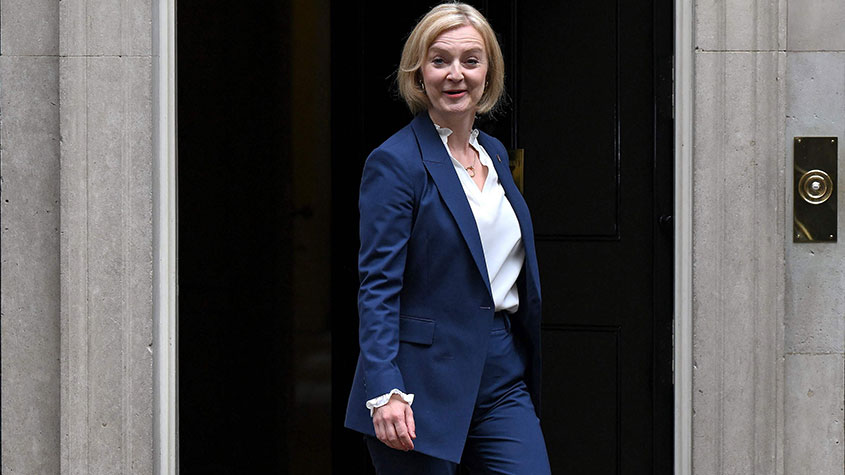 Will Liz Truss as PM mark a turning point for the pound?
Will Liz Truss as PM mark a turning point for the pound?Analysis The pound is at its lowest since 1985. But a new government often markets a turning point, says Dominic Frisby. Here, he looks at where sterling might go from here.
-
 Are we heading for a sterling crisis?
Are we heading for a sterling crisis?News The pound sliding against the dollar and the euro is symbolic of the UK's economic weakness and a sign that overseas investors losing confidence in the country.